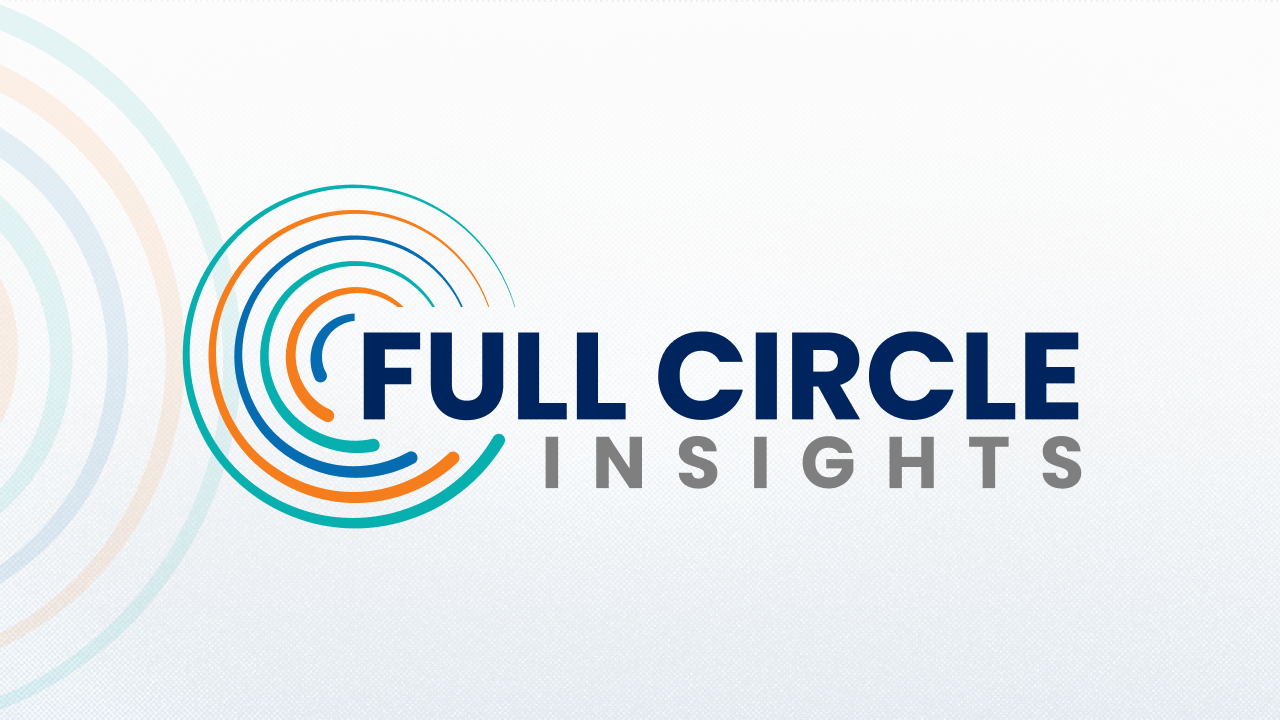The Future of AI in Attribution


As AI continues to transform the marketing tech stack, what will AI-powered attribution look like in the future?
Will AI evolve to read customers’ minds? Track subconscious brand interactions?
Will it finally assign credit to that meme you posted in 2019?
Whatever the future holds, attribution AI is set to redefine how marketers track and optimize the customer journey. Let’s explore the current trends, upcoming developments, and how to prepare for implementation of attribution AI.
Attribution AI Today
AI is already making waves in marketing attribution, unveiling next-level customer insights in real time. By applying machine learning algorithms to vast amounts of recent and historical data, attribution AI identifies subtle behavioral trends and purchasing patterns that can have a significant impact on strategy.
AI also uses predictive modeling to pinpoint high-performing touch points for future campaigns. Equipped with intelligent forecasts, marketers can eliminate guesswork and make informed decisions to align tactics with organizational goals.
The result? Precise targeting, efficient budget allocation, and increased ROI.

The Future of Attribution AI
Like most forms of AI, we’re only beginning to see glimmers of its full potential when it comes to the customer journey.
As attribution AI grows more sophisticated, marketers can look forward to enhanced insights and functionality, including:
Customer predictions: machine learning algorithms can reveal nuanced customer behavior patterns that are near-impossible to detect with manual analysis. By identifying trends - such as how certain combinations of touchpoints perform together - attribution AI will define the future of campaign targeting and customer journey mapping.
Campaign automation: by integrating attribution AI solutions with intelligent workflows, marketers can trigger automated customer journeys across paid and owned channels. Rather than manually adapting campaigns based on results, the path to purchase will become more dynamic and responsive to real-time behaviors.
Personalized experiences: by pairing AI-powered predictions with automated workflows, marketers can deliver hyper-personalized customer experiences with minimal intervention. Attribution AI will facilitate individualized journeys where each user is served customized messaging, via their preferred channels, at a calculated moment in time.
Ultimately, these advancements mean marketers can leave the heavy-lifting of analysis and optimization to AI, and free up more time for strategizing and creativity.

How to Prepare for the Future of Attribution AI
Attribution AI solutions are designed to operate effortlessly. But, there is one critical input that marketers must provide: Data.
The success of your attribution AI is entirely dependent on the quality of the data it has to work with. To achieve end-to-end tracking, an AI solution aggregates data from your CRM, website analytics, social media, email marketing platform, and any other marketing tools you use. Fragmented data will, unfortunately, skew AI’s analysis and predictions.
Before you implement AI-powered attribution, ensure you have clean, comprehensive data to feed and train your AI model. Ideally, this should include a CRM solution that overcomes cookie limitations, recognizes anonymous site visitors, and restores historical data.

Will AI Shape the Future of Attribution?
AI is becoming more and more embedded in the marketing tech stack - and attribution solutions are no different. Now is the time to prepare for the future of attribution AI by building comprehensive data to fuel advanced insights. With the right foundations in place, AI-powered attribution has the potential to revolutionize the customer journey.